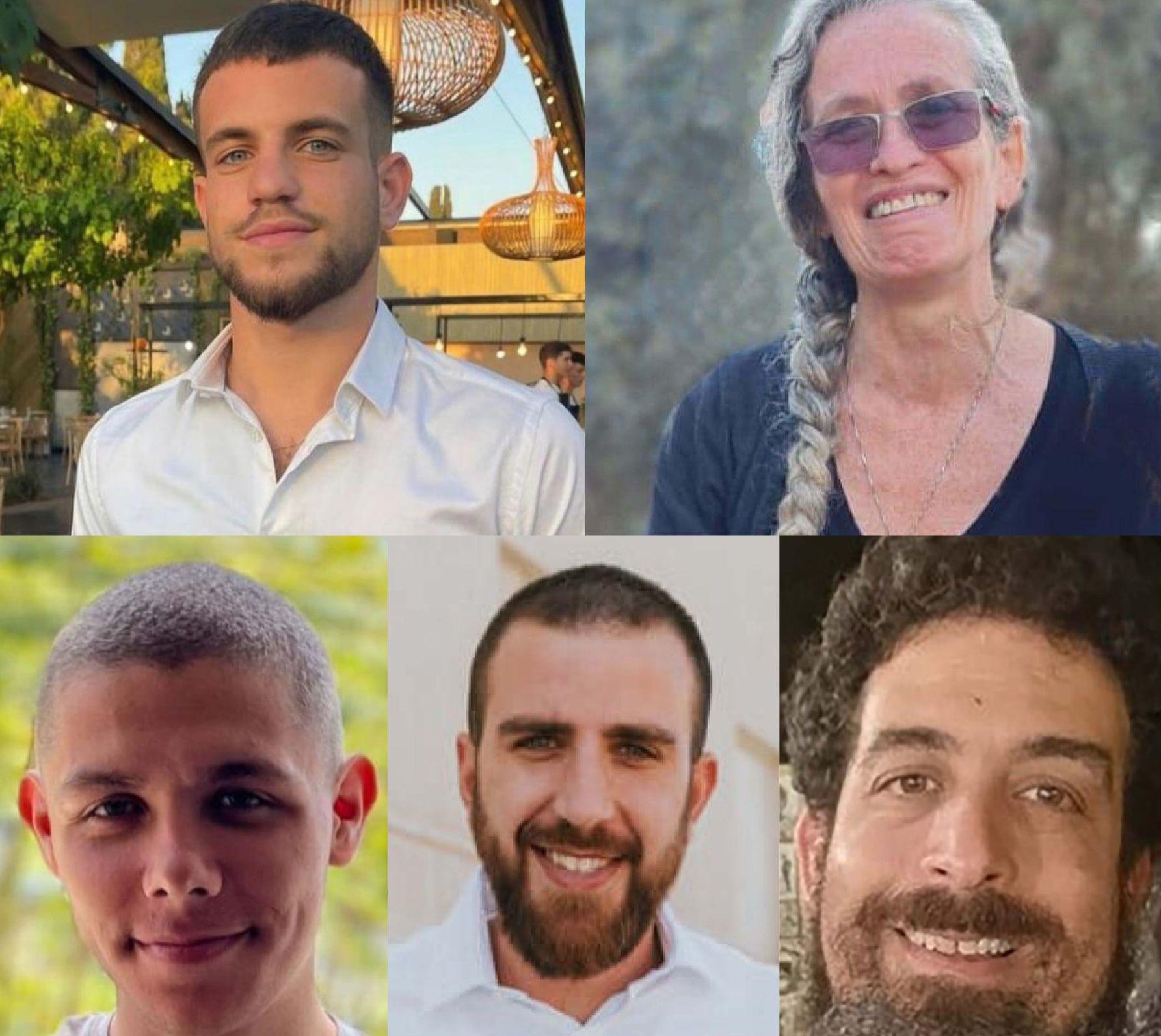IDF, Recovery Mission, Khan Younis
IDF: Soldier who leaked yesterday's recovery mission facing jail
How one soldier's smartphone became a weapon of mass information and left families of the fallen in turmoil.

In an era where every soldier is a potential broadcaster, the IDF faces a stark reminder of the power of the smartphone: A reservist's impulsive decision to film and share footage of yesterday's sensitive recovery mission in Gaza.
The video, showing five bodies recovered from Khan Yunis, spread rapidly across social media, outpacing the IDF's attempts to contain it. What was meant to be a covert operation became instant public knowledge, catching both military brass and families of the fallen off guard.
The consequences were swift. The soldier now faces ten days of detention and permanent discharge from reserve service. But the impact extends far beyond one individual's punishment. False reports began to circulate, and families of hostages still held in Gaza found themselves on an emotional rollercoaster.
"This is a serious, shocking incident that harmed the IDF, harmed the families, and we will not let it pass," a senior IDF officer declared.
The identities of those recovered – including Mia Goren and Sergeant Tomer Ahimas – became public knowledge prematurely, adding another layer of anguish to an already painful situation.
This incident highlights the delicate balance the IDF must maintain between operational security and the public's thirst for information. As 115 hostages remain in Gaza – 41 believed to be no longer alive – the focus remains on bringing them home.
In Tel Aviv, as families of the hostages continue their vigil, the ripples of one soldier's actions continue to spread, a poignant reminder that in the complex tapestry of conflict, even the smallest thread can unravel the most carefully laid plans.
* Kann 11 News contributed to this article.